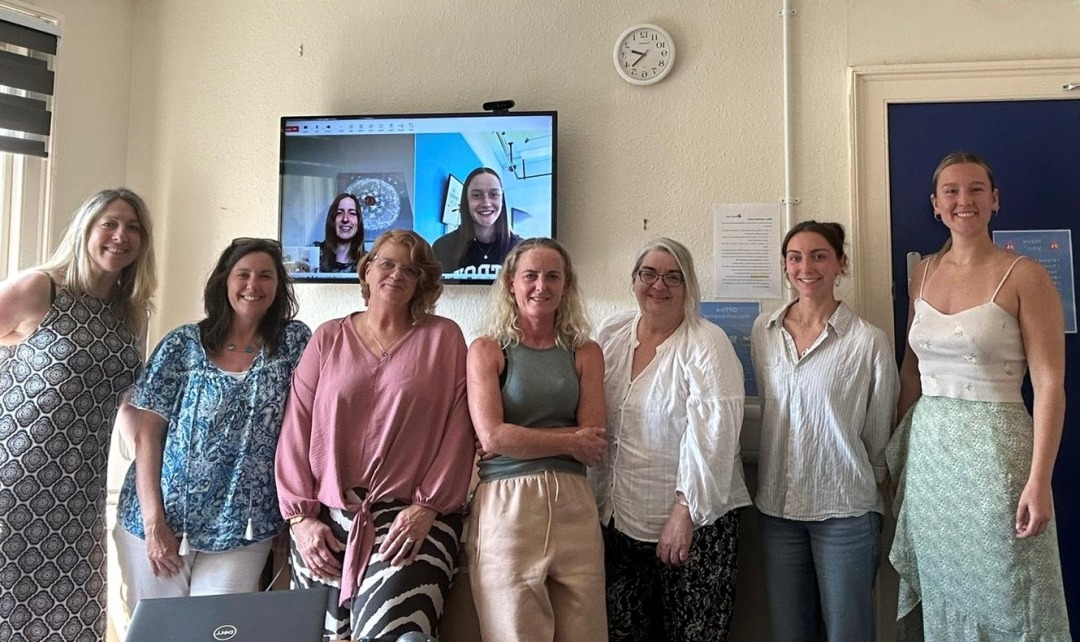July Service Spotlight – Community Support
This month, we shine a spotlight on our Community Support service. Join us as we chat with Wendy, who manages the team, to delve deeper into the service’s offerings and the individuals it supports.
Can you tell us about the Community Support service?
The Community Support team provide one-to-one support to people who can struggle with everyday tasks due to their mental health or neurodiversity. This can be very varied as it is tailored to the needs of the individual, but often includes strategies to improve coping skills and emotional regulation; help with budgeting, paperwork or home management; support to attend appointments or social and leisure activities; taking steps towards employment; and sometimes building up daily living skills to enable a move to independent living.
Why is it an important service?
It’s really important because we can support from people’s homes, which is often a tremendous relief to them, and means we can see and help where it really matters. We are accessible to all, however, and know that meeting face to face can be anxiety provoking for some. So we also offer online support in a format that best suits the client, such as video calls, emails, or texts. A real strength of our service is that we can support for longer than many services so there is time to build trusting therapeutic relationships that empower people to keep moving forwards with their goals.
What sorts of challenges do your clients face?
Many of the people we support have multiple complex needs, including long-term health conditions, learning difficulties or neurodiversity which impact their mental health. This can make life especially challenging, and the council often supports with funding the service following Care Act Assessment, although others self-fund the support out of their designated benefits.
What are some of the successful outcomes you see from clients after they’ve utilised Community Support?
It’s really rewarding when we see people able to be more fully themselves, engaging in life rather than being constantly overwhelmed. Successful outcomes include building structure and a support network through meaningful activities (such as groups or voluntary work); finding employment; moving into independent accommodation; completing further education courses, or gaining skills to avoid crisis, improve wellbeing and mental health.
What’s your favourite thing about Community Support?
We provide reliable, consistent support and pride ourselves on doing this well! This means we journey with those we support through progressive challenges and achievements as they meet successive goals. One autistic young man – who rarely left his bedroom in the family home – learned to overcome his intense fear of social interaction, to manage his anxiety, and to budget and cook. After several months, he moved into his own flat in a supported housing complex, and then went on to find a job – all tremendous achievements presenting different challenges to overcome.
Thank you to Wendy for taking the time to tell us about Community Support, and to the team for their hard work. To find out more, visit our Community Support service webpage or email CommunitySupportService@bathmind.org.uk
Posted on: 2nd July 2024
